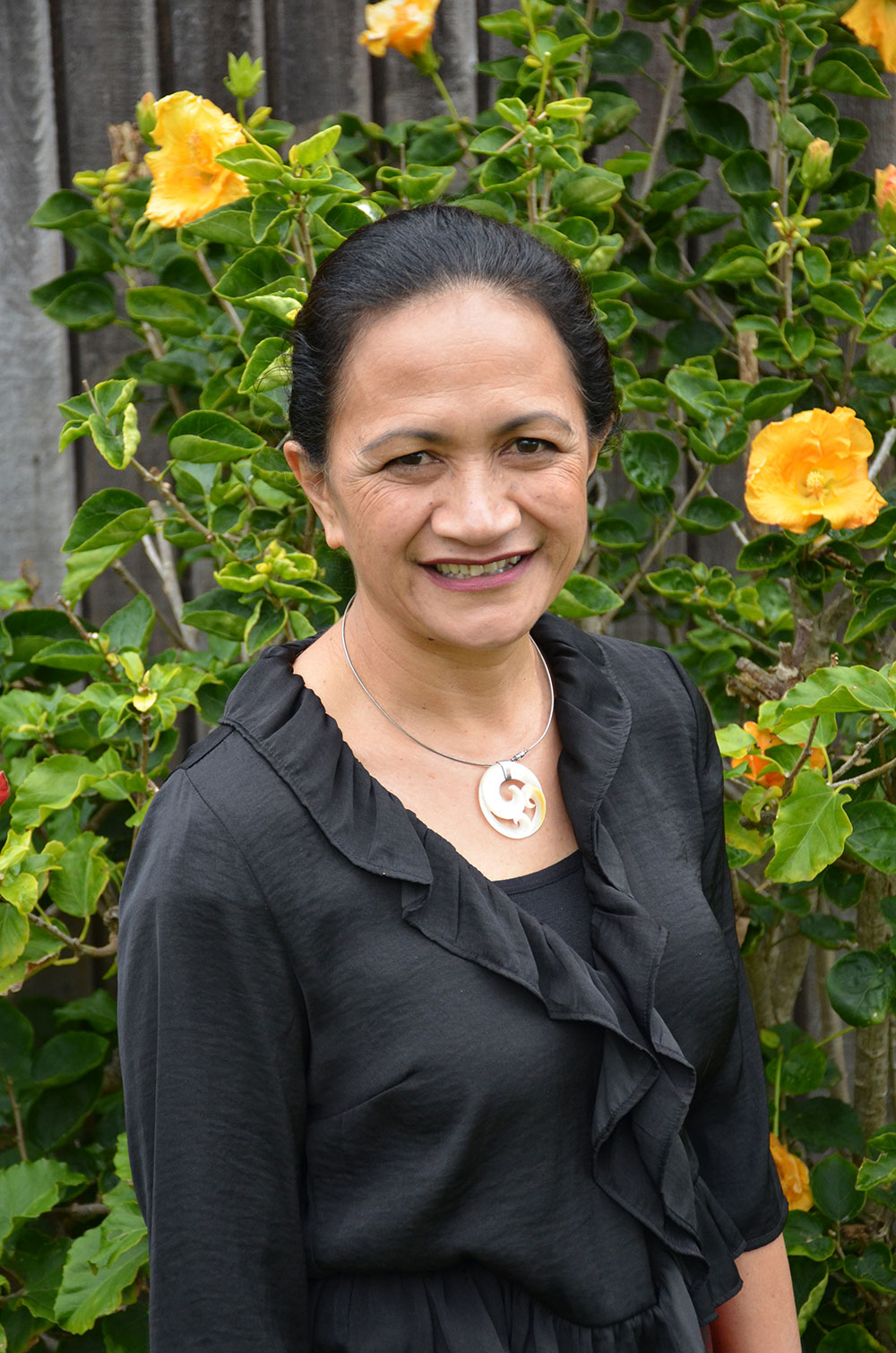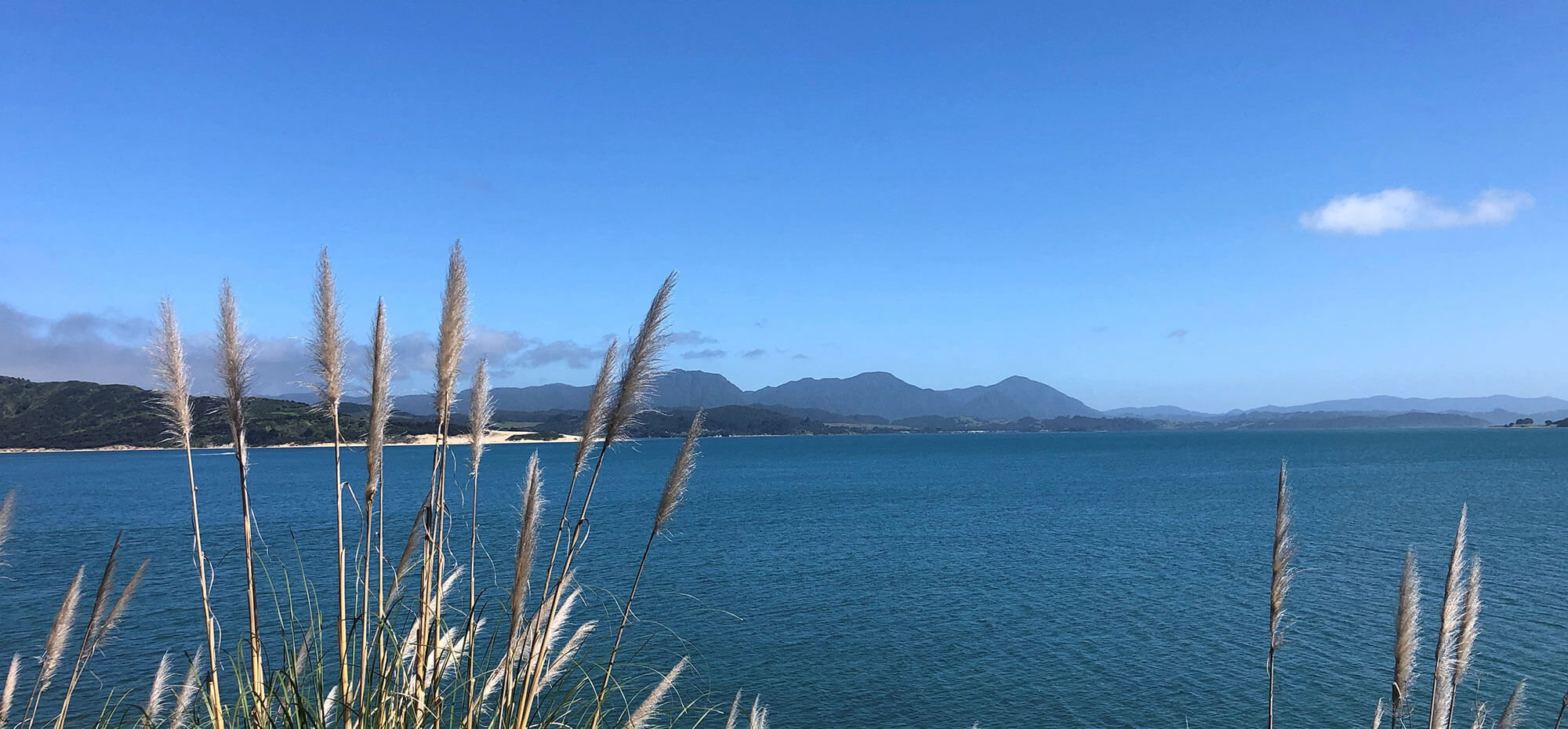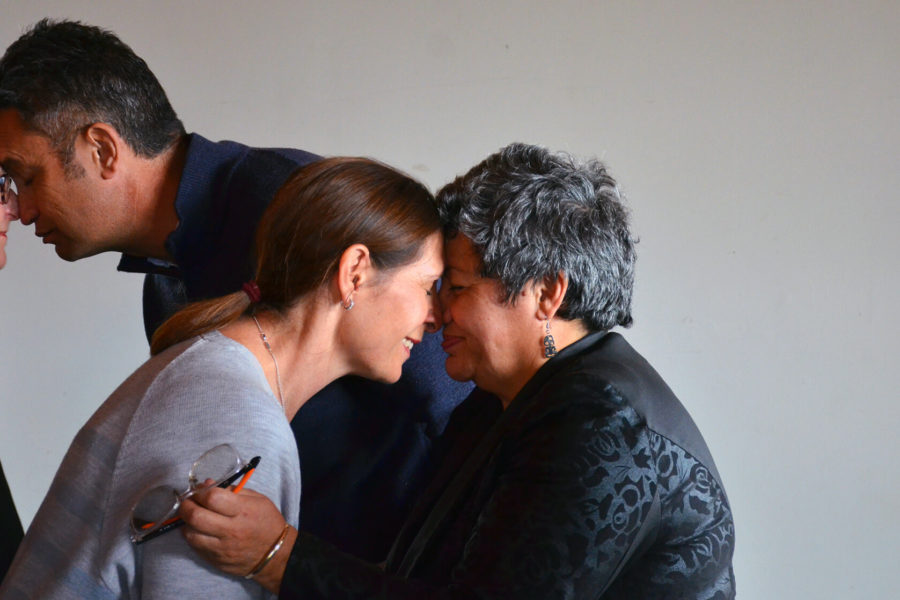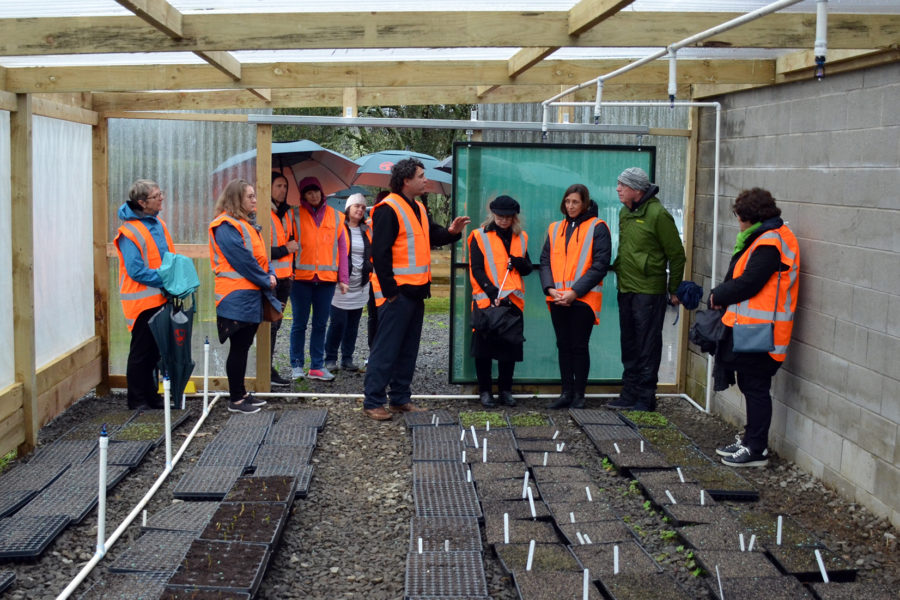Transforming Taitokerau for Good is a systems-change programme driven by iwI leaders in the Amokura Iwi Consortium. It aims to generate large-scale, long-term impact through investments that have environmental, financial and social returns in Tai Tokerau.
Iwi leaders want to see their people fully in charge of their own futures and living lives that they have reason to value. With this programme, Amokura aims to ensure that investment goes into Māori development rather than continued dependence. This is a ground-breaking approach — genuinely ‘by Māori for Māori’ in its use of Te Taitokerau tikanga to inform decision making, impact measurement and investment.
Recent Treaty of Waitangi settlements and the impacts of climate change have highlighted how business-as-usual models for economic growth are unsustainable. Instead, centuries-old tikanga can generate the innovation needed for leap-frogging Taitokerau Māori from a developing to a 21st century-exemplar economy, one that shoots beyond a zero-carbon target to broader regeneration.
Supporting the iwi vision are the consortium’s CEO Rangimarie Price (Te Ati Haunui a Paparangi, Whakatōhea, Ngāi Tai ki Torere) and business leader Ian Short — two vibrant and inspirational people with a passion for making things happen in Te Taitokerau. They combine Rangimarie’s background in economic, commercial, organisational and iwi development, as well as her family ties to the North, with Ian’s international experience in systems innovation and finance.
It may sound a bit complicated, but in fact it is very simple. “There is so much untapped potential inside the Māori economy in Te Taitokerau and with the right mix of investment it has the chance to take off, provided it is directed into approaches and places that have impact for local Māori,” Rangimarie explains.
Says Ian: “It’s primarily about creating the structures that give Te Taitokerau Māori the capacity to bring forward a pipeline of large-scale, long-term investments and projects that deliver on the outcomes important to them
“By doing this we move away from grant funding and handouts to investments that have an environmental, financial and social return. Hundreds of millions of dollars’ worth of potential projects are in the pipeline in areas such as housing, renewable energy, digital infrastructure, regenerative forestry and agriculture, aquaculture and sustainable fisheries.”
The team is working on pilots for revitalised communities and forestry while advancing other high-potential impact investments. An immediate pipeline exists for housing projects with a mix of emergency, social and affordable homes to be built over three sites in Kaikohe, Kaitaia and Takou Bay — a $67 million programme that will access renewable energy and affordable connectivity.
“Our people want to move back and into affordable, healthy homes with secure tenure,” explains Rangimarie. “They want to connect with their land and be nested inside kin communities that leave only good footprints. We need to get our higher-income earners and business owners to come home and invest in the region.”
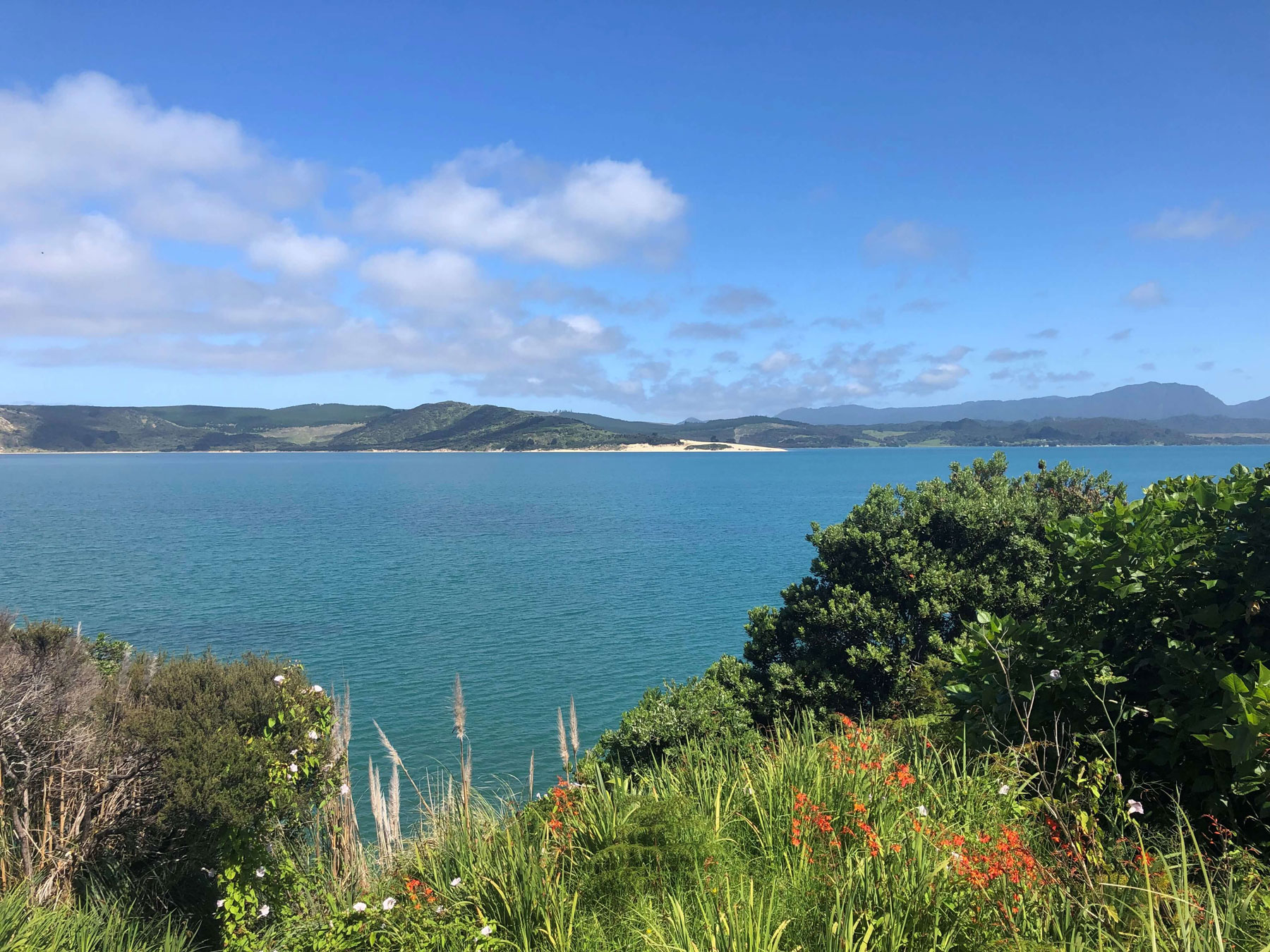
This and other investments will create employment for local people, and follow an approach that is Māori led. “It is about iwi taking charge of our own economic and social development and doing it in a way that’s culturally credible,” Rangimarie adds.
Agrees Ian: “These projects will be Māori owned and led, and the rest of us — the friends of Te Taitokerau — are invited to the table. All of the decision making has a tikanga and systems world view, so that we focus on the things that are really going to make a difference, and deliver them in a way that is connected.”
Underpinning this economic development programme is a wellbeing approach based on tikanga Māori. It takes a holistic view, considering the whole person and how they interact with the environment.
“The wellbeing approach for Māori is where we activate the spiritual, emotional and physical dimensions of ourselves and the relationship we have with our environment. Transforming Taitokerau for Good is about enhancing the mana of both our planet and everyone who calls this region home,” says Rangimarie.
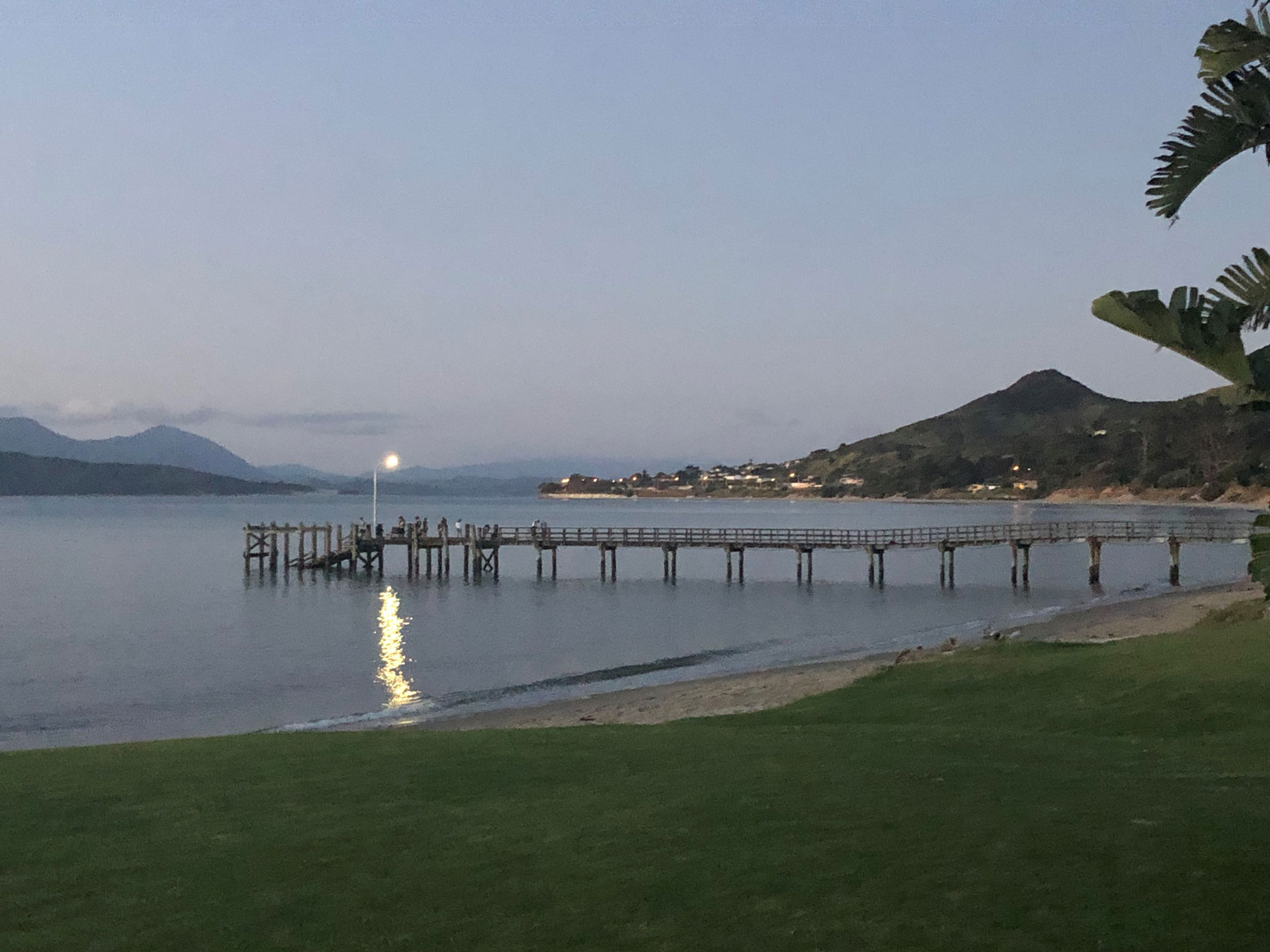
“Sacred values that guide us as Māori must characterise our behaviour. These include aroha — kindness, compassion, generosity, love; tika — doing the right things, the right way, with the right people and right intent; and pono — how knowledge arrives at the truth, and imposes an obligation to act with the utmost integrity.”
Ian believes this programme has great potential to move the status quo. “The way this is being set up, and the fact it is being led by Te Taitokerau Māori, could be a game changer — not just for Te Taitokerau but for all New Zealand. It could be a beacon for people in other parts of the world as well. There’s so much international interest from indigenous communities, but also investors and others involved in things like climate change and sustainability.”
Transforming Taitokerau for Good will be a key focus of TTF’s approach to Māori economic development in the future.
Inspiring Leaders Making a Difference in Te Tai Tokerau

